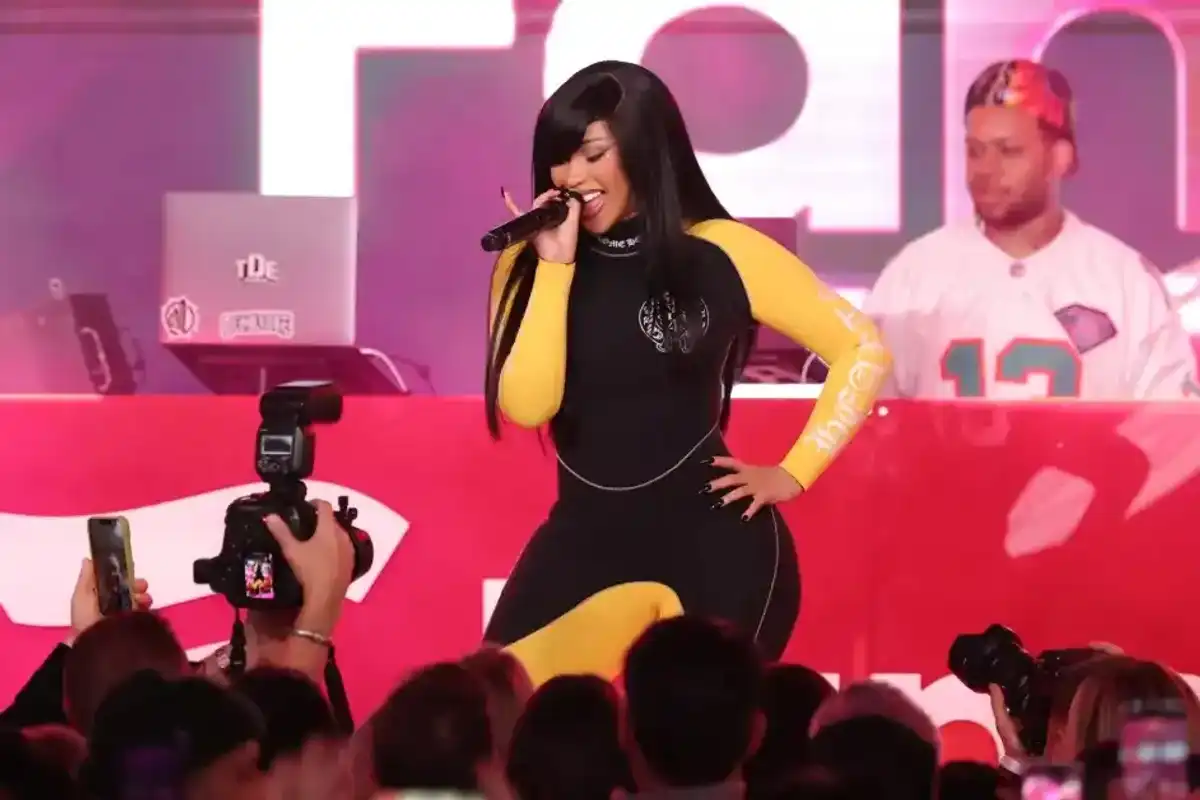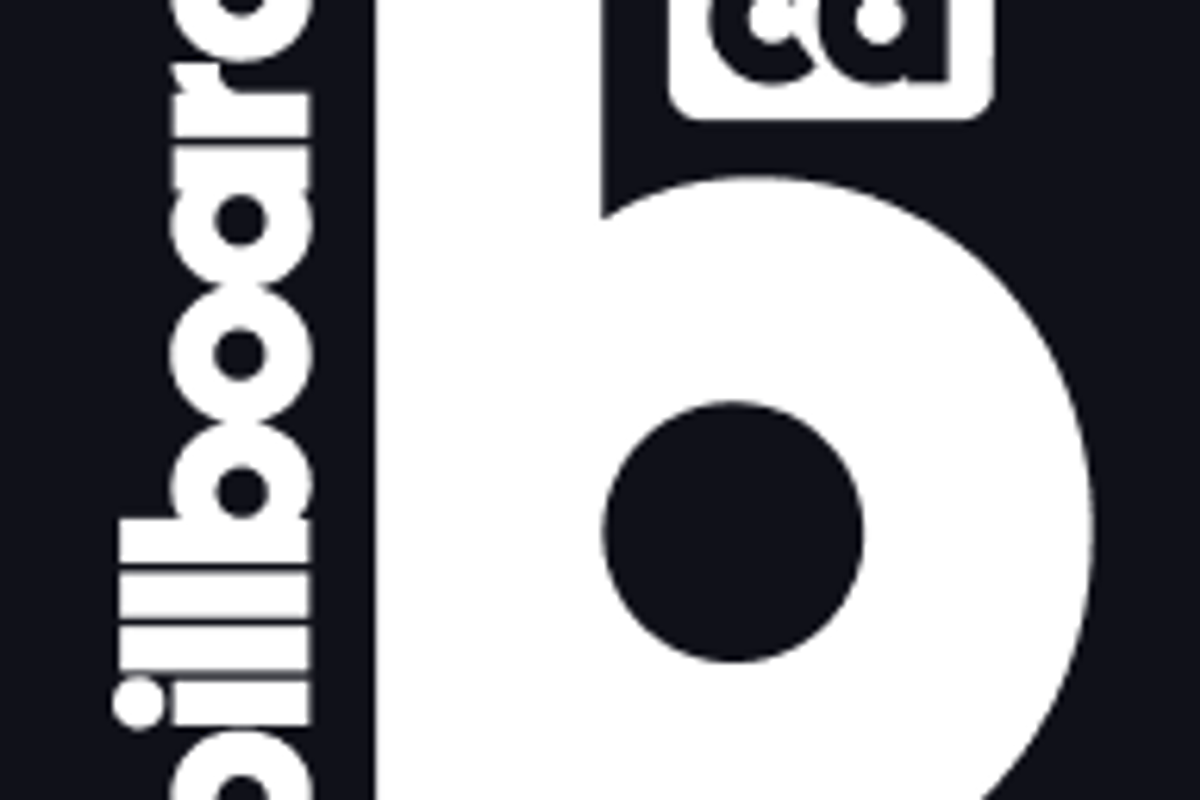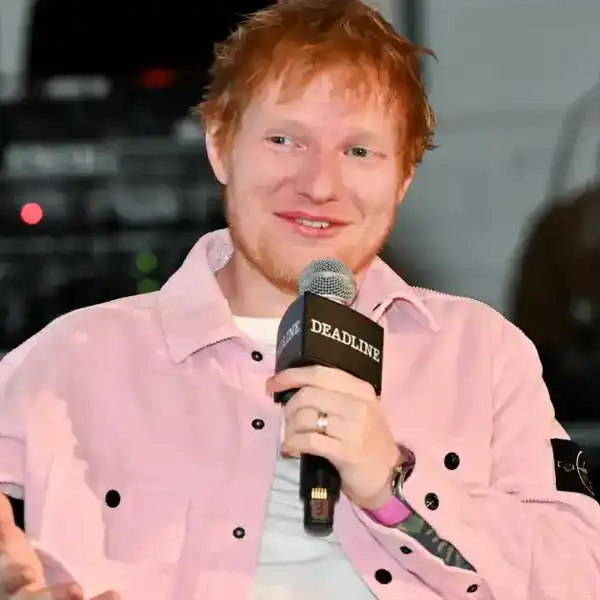advertisement
Billboard is a part of Penske Media Corporation. © 2023 Billboard Media, LLC. All Rights Reserved.
advertisement
Popular
Latest News
advertisement
BILLBOARD CANADA FYI
A weekly briefing on what matters in the music industry
By signing up you agree to Billboard Canada’s privacy policy.
advertisement
advertisement

Getty Images for Fanatics
SAN FRANCISCO, CALIFORNIA - FEBRUARY 07: Cardi B performs onstage during the 2026 Fanatics Super Bowl Party at Pier 48 in San Francisco on February 07, 2026 in San Francisco, California. (Photo by Rich Polk/Getty Images for Fanatics)
Music News
Cardi B Takes a Tumble Off Chair Mid-Performance at Little Miss Drama Show in Las Vegas
"That was the government!" she joked after the fall.
18h
Cardi B took a minor spill on stage during her Little Miss Drama tour stop in Las Vegas.
While performing her song “Thotiana” at T-Mobile Arena on Friday (Feb. 13), the 33-year-old rapper fell off a chair mid-routine. The moment was captured by fans in attendance and quickly made its way to social media.
Dressed in a lacy red ensemble, Cardi was straddling a chair and leaning back to engage with the crowd when she appeared to lose her balance and tumble onto the stage. Like a pro, she quickly recovered and continued thrusting her hips from the floor alongside her shirtless male dancers.
advertisement
After finishing the performance, she stood up to a cheering crowd and joked, “That was the government!” while pointing back to the chair.
The jokes didn’t stop there. After the mishap went viral on social media, Cardi reposted the video on X and wrote the caption, “Can someone put a community note on this? This video is clearly AI.”
The “WAP” hitmaker kicked off her Little Miss Drama Tour at Acrisure Arena in Palm Desert, Calif., on Wednesday (Feb. 11). During the show, she gave a Selena impression to hype up Latino fans in the crowd before addressing ICE.
“B—h! If ICE comes in here, we gon’ jump they a—es,” she said, drawing loud applause. “I’ve got some bear mace in the back! They ain’t taking my fans, b—h.”
The following day, the United States Department of Homeland Security responded to the Grammy-winner on X. “As long as she doesn’t drug and rob our agents, we’ll consider that an improvement over her past behavior,” the DHS wrote.
keep reading
Show less
advertisement
Popular
advertisement
Published by ARTSHOUSE MEDIA GROUP (AMG) under license from Billboard Media, LLC, a subsidiary of Penske Media Corporation.
advertisement

















